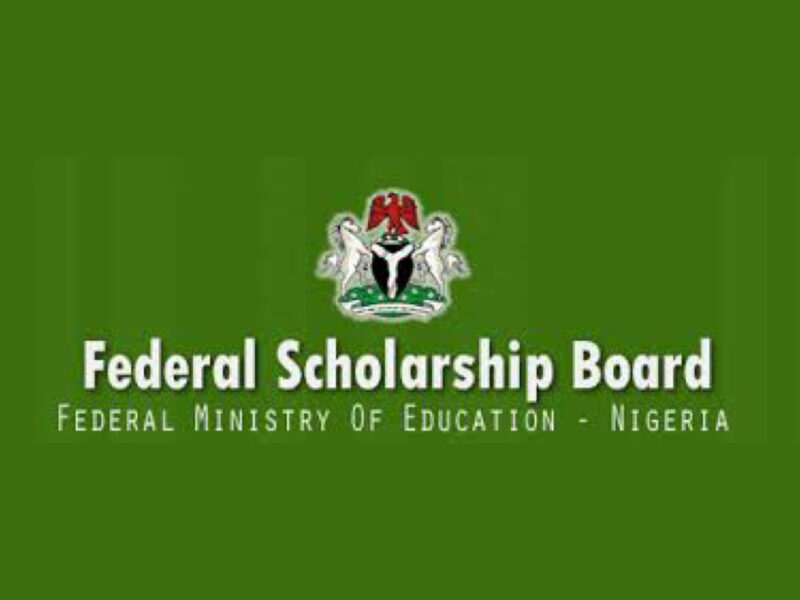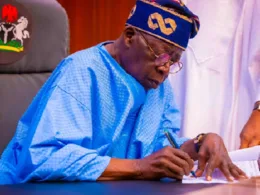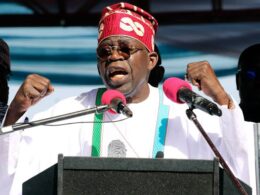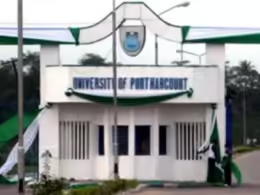Federal Government to Conduct Verification of Stranded Scholars Under Bilateral Education Agreement Scheme Amid Concerns Over Travel Costs and Payment Delays
The Federal Government has announced plans to commence the verification process for scholars under the Bilateral Education Agreement (BEA) scheme, with the exercise scheduled to begin on May 3, 2025. The notice, obtained by reporters on Wednesday, specifies that the verification will take place at the Nigerian Embassy in Moscow from May 3 to May 9, 2025.
This development follows a recent statement by the Minister of Education, Dr. Tunji Alausa, who revealed that the government has decided to discontinue the BEA scholarship program. He described the scheme as “a misallocation of resources” and announced that current beneficiaries would be allowed to complete their studies, but no new students would be admitted into the scheme.
Over the past two years, many scholars enrolled in the scheme, especially those studying in Russia, Serbia, and other partner countries, have voiced frustrations over the government’s failure to disburse their tuition fees and stipends. The delay has left numerous students stranded, forcing some to resort to loans to fund their education and living expenses.
An official notice addressed to BEA scholars in Russia states, “We have been officially informed that a Verification Exercise for all BEA Scholars in Russia will be held from May 3rd to May 9th, 2025, at the Nigerian Embassy in Moscow. Required documents include the official Verification Form, which must feature an APEX passport photograph, along with a school course registration slip or an equivalent document.”
However, many affected students have expressed concern over the logistical challenges associated with the verification process. Several scholars, speaking with the Newsmen, highlighted financial difficulties that could hinder their ability to travel to Moscow for the exercise.
One anonymous student remarked, “Many of us are in remote regions like Yakutsk, where a one-way ticket costs over $200, totaling more than $400 for round trips just to attend verification. It’s simply unaffordable for most of us.”
Another student from Kazan added, “Traveling to Moscow is costly; a round trip can exceed $100. We believe it would be better if officials could visit us or arrange virtual verification sessions.”
A different scholar noted the ongoing financial strain, saying, “We haven’t received stipends since 2024, and living expenses are mounting. How does the government expect us to cover travel costs at this point?”
Academic commitments are also cited as a barrier to participation. One student explained, “Our exams are starting in two weeks, and assessments are still ongoing. Traveling to Moscow now would interfere with our studies.”
The scholars are advocating for alternative verification methods that are more accessible, such as virtual interviews or decentralized physical verification centers across various regions. They emphasize the need for a more inclusive approach that considers their financial and academic constraints, urging authorities to find practical solutions to ease the verification process for stranded students.










Join our Channel...